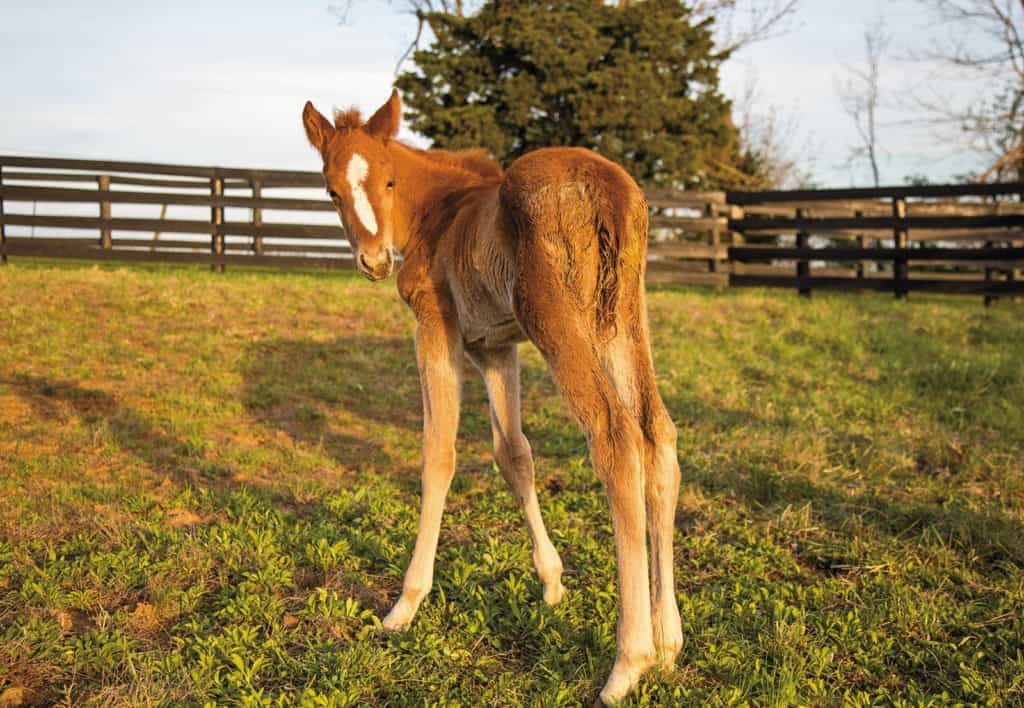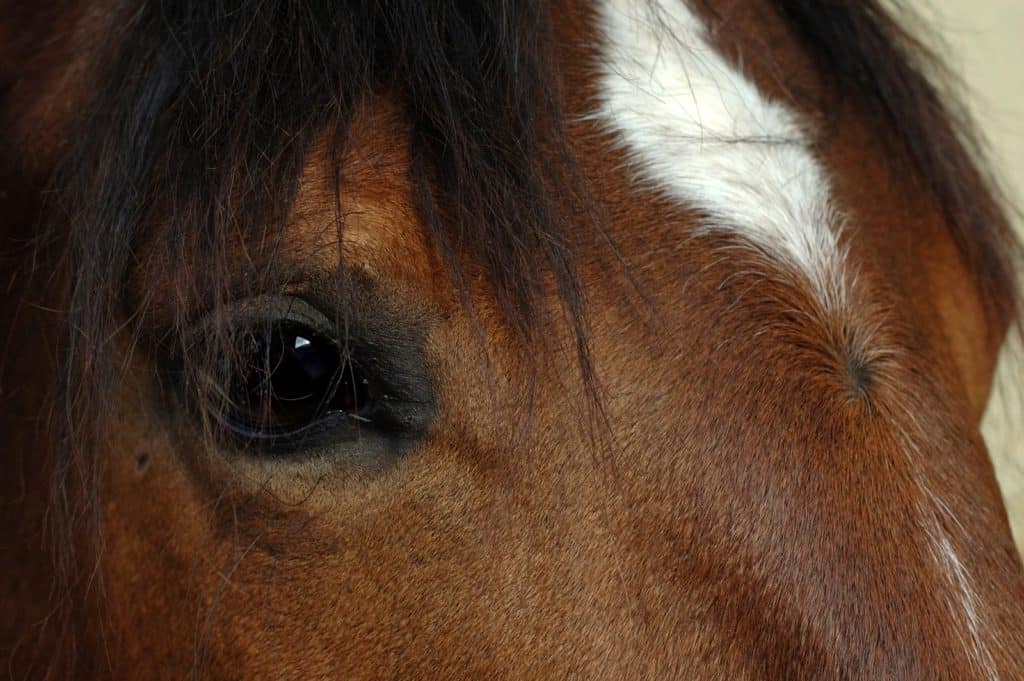
Top Medicine Studies of 2016
Dr.Rob MacKay recaps studies on heparin for EHM prevention, liver failure caused by a supplement, gastric ulcers, and more.

Dr.Rob MacKay recaps studies on heparin for EHM prevention, liver failure caused by a supplement, gastric ulcers, and more.

The UKVDL saw 10 nocardioform placentitis abortions in December 2016 and eight in the first two weeks of January.

A forage-based, total mixed-ration cube fed free choice supported weanling growth rates without increasing DOD cases.

The probiotic researchers tested had “disappointing” results, but not all studies have yielded negative results.

A difficult birth can be life-threatening for both mare and foal if not handled promptly and properly.

Do you want to make sure your horse is getting the right amount of feed? Use a scale!

Watch for these conditions that impact nutrient absorption and lead to weight loss in horses.

Dr. Nathan Slovis shares information about the causes and diagnosis of diarrhea in foals and adult horses.

View videos on vision, fear, the hoof, assessing the foal after birth, EIPH, trimming old horses’ hooves, and more.
Lecture topics will include vaccinations, disease surveillance, foal nutrition, R. equi, biosecurity, and more.
Dr. Katarzyna Dembek is studying how hypothalamic, pituitary, and adrenal hormones relate to disease in newborn foals.

Foal nutrition can be complicated, making it important for owners to understand newborns’ nutritional needs.

Can I use alfalfa pellets or beet pulp to meet my mare and her 7-month-old foal’s calcium requirements?

Of the 758 respondents, only 106 (14%) said they weigh everything their horse gets to eat.

Because the mare’s uterus is not designed to support two pregnancies, veterinarians have developed methods for detecting and reducing twins.

Studying diseases across species can benefit horses as well as people.
Stay on top of the most recent Horse Health news with
"*" indicates required fields